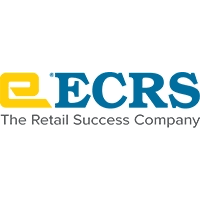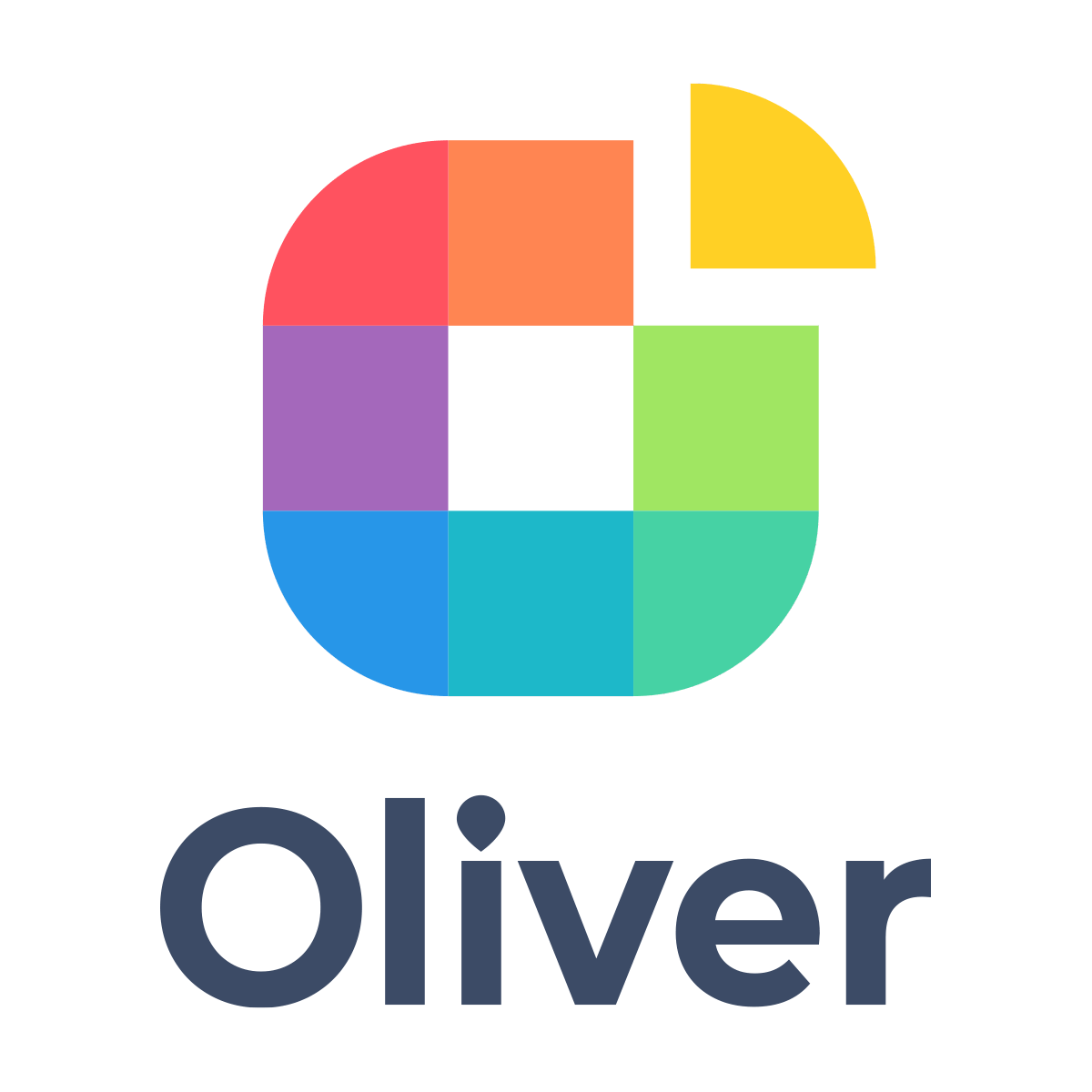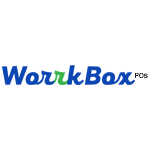Description

ECRS

RedBook
Comprehensive Overview: ECRS vs RedBook
ECRS, or Electronic Cash Register Systems, and RedBook are solutions that cater primarily to the retail and grocery industries, although they might have varied uses depending on their specific functionalities. Below is an overview focusing on their primary functions, target markets, market share, user base, and key differentiators.
a) Primary Functions and Target Markets
ECRS:
- Primary Functions: ECRS is a provider of comprehensive retail automation solutions, most notably the Catapult Retail POS system. Their systems are designed to handle point of sale (POS), inventory management, back-office operations, and customer relationship management (CRM). They also offer solutions for self-checkout, e-commerce integration, and mobile point-of-sale.
- Target Markets: ECRS primarily targets grocery stores, natural and organic food retailers, co-op markets, and general retail settings that require robust POS systems. They focus on businesses that need integrated solutions for both front-end and back-office operations.
RedBook:
- Primary Functions: RedBook solutions are less well-defined in terms of a single product line like Catapult but are often associated with publications and services relating to pricing and industry standards. Depending on the context, "RedBook" solutions might refer to software or publications providing competitive pricing data, compliance tools, and industry analysis, particularly in the food and beverage sectors.
- Target Markets: Generally targets companies within the food, drug, and mass-market industries. The specific tool set of RedBook may serve procurement teams, pricing analysts, and compliance officers who require up-to-date industry data and trends.
b) Market Share and User Base
Market Share and User Base:
-
ECRS: ECRS occupies a niche market within the retail POS systems sector, particularly focusing on groceries and similar retail businesses. Their market share is smaller compared to giants like NCR or Square; however, they have a loyal user base that appreciates their specialized solutions and dedicated customer service. The user base includes medium to large-scale grocery chains and independent retailers that emphasize all-in-one solutions.
-
RedBook: If referring to RedBook publications and data services, its market share is associated more with informational services rather than direct POS competitors. It commands respect in markets that rely on industry data accuracy and insights, often used by businesses for strategic planning and competitive analysis. Its user base is widespread among analysts and professionals who need detailed market and pricing reports.
c) Key Differentiating Factors
ECRS:
- Integration and Customization: ECRS provides highly integrated solutions with considerable customization abilities. They focus heavily on creating seamless experiences that connect POS, inventory, and customer management.
- Focus on Grocery and Natural Products: They have tailored solutions that cater specifically to the needs of grocery and natural product retailers, offering specialized features like scale integrations and loyalty programs.
- End-to-End System: Typically, ECRS offers a more comprehensive system that covers the entire retail operation from sales to inventory to CRM.
RedBook:
- Information and Analytics: If RedBook refers to industry-leading data and analytics services, one of their key differentiators is the breadth and depth of the information they provide.
- Compliance and Standards: RedBook services often include regulatory compliance information, which is crucial for businesses needing to adhere to industry standards.
- Data Focused: Rather than providing POS hardware or software, RedBook focuses on supplying the market with critical data that supports decision-making processes.
In summary, ECRS and RedBook cater to different aspects of the retail and grocery industries. While ECRS provides integrated POS and retail management solutions aimed at improving operational efficiencies, RedBook serves as a crucial informational resource for businesses requiring market and pricing intelligence.
Contact Info

Year founded :
1940
Not Available
Not Available
Not Available
Not Available

Year founded :
2018
Not Available
Not Available
Bangladesh
Not Available
Feature Similarity Breakdown: ECRS, RedBook
ECRS and RedBook are both solutions used in retail management, but they cater to slightly different aspects of the retail ecosystem. Here’s a breakdown of their feature similarities and differences:
a) Core Features in Common
-
Point of Sale (POS) Management:
- Both ECRS and RedBook offer sophisticated POS systems designed to streamline checkout processes and improve transaction efficiency.
-
Inventory Management:
- They provide inventory tracking features that help businesses manage stock levels, reordering, and product categorization.
-
Reporting and Analytics:
- Both systems include reporting tools that provide insights into sales performance, customer behaviors, and inventory statuses.
-
Customer Management:
- They have customer relationship management capabilities to store customer information and track purchase history.
-
Integration Capabilities:
- ECRS and RedBook offer integration support with other systems, such as accounting and e-commerce platforms, to provide a holistic retail management solution.
b) User Interface Comparison
-
ECRS:
- The ECRS interface is generally known for being robust and feature-rich, catering to larger retail operations. While it offers a comprehensive range of tools, it may require a steeper learning curve for new users.
- Its design focuses on efficiency, providing quick access to various functions through dashboard widgets and customizable menus.
-
RedBook:
- RedBook's interface tends to be more streamlined and user-friendly, aimed primarily at businesses looking for a straightforward, no-frills management solution. It is more intuitive for new users due to its simplicity.
- The interface is clean and easier to navigate, making it well-suited for small to mid-sized businesses or those with less complex operational needs.
c) Unique Features Setting Them Apart
-
ECRS:
- Advanced Automation: ECRS incorporates advanced automation features, including autonomous purchasing and hands-free checkout solutions, leveraging cutting-edge technologies like AI.
- Loyalty Programs: More comprehensive loyalty program management, allowing for customizable promotions and rewards based on customer behavior analysis.
- Cloud and On-Premise Flexibility: Offers flexibility with both cloud-based and on-premise deployment options, catering to a wider variety of business infrastructure needs.
-
RedBook:
- Simplicity in Design: RedBook is renowned for its simplicity and ease of use, making it a preferred choice for smaller businesses or those new to retail software solutions.
- Quick Setup: The solution is designed to be quickly deployable, offering a relatively short setup time compared to more complex systems like ECRS.
- Industry Specific Features: Often includes specialized features tailored for specific industries, such as the convenience store sector, offering tools that specifically address the unique challenges in these niches.
In summary, while ECRS and RedBook share several core features essential for retail management, they differ in complexity and specialization. ECRS is more feature-heavy and adaptable for larger operations, while RedBook provides a more straightforward, business-specific solution.
Features

Not Available

Not Available
Best Fit Use Cases: ECRS, RedBook
ECRS (Electronic Cash Register Systems) and RedBook are technologies/services catering to different business needs, particularly in retail and hospitality. Here’s how they fit various use cases:
a) Best Fit Use Cases for ECRS:
-
Retail Sector:
- Small to Medium-Sized Retailers: ECRS is highly effective for businesses prioritizing inventory management, sales tracking, and customer service efficiency. Its features typically include point-of-sale (POS) systems, comprehensive inventory controls, and reporting tools.
- Quick Service Restaurants (QSRs): The system can handle fast-paced environments where quick transactions, inventory updates, and customer management are crucial.
- Grocery Stores and Supermarkets: ECRS excels in environments requiring intricate inventory management, variable pricing, and promotions. Features like self-checkout and integrated scales are beneficial here.
-
Multi-Store/Multi-Location Operators:
- For businesses operating multiple locations, ECRS provides centralized management capabilities, facilitating consistent pricing, promotions, and inventory control across all outlets.
-
Businesses Prioritizing Efficiency and Integration:
- Companies seeking a seamless integration between POS systems, inventory, and customer relationship management (CRM) can benefit from ECRS’s robust, integrated solutions.
b) Preferred Scenarios for RedBook:
-
Hospitality and Service Industries:
- RedBook is ideal for restaurants, hotels, and service-based businesses that require comprehensive booking management alongside customer relationship features.
- Restaurant Chains: It can help manage reservations, streamline communication with guests, and coordinate events, making it preferred for upscale dining establishments focusing on customer experience.
-
Marketing and Advertising Agencies:
- Businesses focusing on maintaining extensive client portfolios while managing complex campaigns might prefer RedBook for its project management and account handling features.
-
Real Estate Management:
- RedBook is useful in property management and real estate scenarios where client engagement, scheduling, and management tools are essential for efficient operations.
d) Catering to Different Industry Verticals and Company Sizes:
-
ECRS:
- Industry Verticals: Primarily tailored to retail, grocery, and food service. It enhances inventory management, sale processing, and operational efficiencies.
- Company Sizes: Suitable for small to medium-sized enterprises (SMEs) but scalable to accommodate larger operations or franchised businesses.
-
RedBook:
- Industry Verticals: More oriented towards hospitality, service industries, and those requiring intricate scheduling, booking, and client management, like marketing or real estate firms.
- Company Sizes: Versatile for small businesses offering personalized services, and scalable to larger networks requiring coordinated management of multiple client interactions and bookings.
Each system provides a suite of features targeted to specific needs, thus making them ideal for different types of businesses depending on their industry and operational requirements.
Pricing

Pricing Not Available

Pricing Not Available
Metrics History
Metrics History
Comparing undefined across companies
Conclusion & Final Verdict: ECRS vs RedBook
To provide a well-rounded conclusion and verdict on ECRS vs RedBook, we'll need to consider various factors such as cost, features, user experience, support, and scalability. Based on these considerations, here is an analysis:
Conclusion
After evaluating the features, cost, and user feedback of ECRS and RedBook, it becomes clear that each product has its own strengths and appeals to different types of businesses.
a) Considering all factors, which product offers the best overall value?
ECRS appears to offer the best overall value for businesses looking for a comprehensive and scalable solution. It provides robust features that cater to larger retail operations or those planning for growth. Its integrated systems can streamline business processes, making it a worthy investment for businesses wanting longevity and expansion potential.
b) Pros and Cons of Choosing Each Product
ECRS Pros:
- Comprehensive Integration: Offers a wide range of integrated modules for inventory, POS, and back-office needs which are ideal for medium to large businesses.
- Scalability: Good for businesses that anticipate growth and need a scalable solution without changing systems.
- Strong Customer Support: Generally favorable reviews regarding customer and technical support.
ECRS Cons:
- Cost: Typically higher upfront cost compared to simpler systems.
- Complexity: Can be complex to implement and requires training, which could be a barrier for small businesses or those with limited tech resources.
RedBook Pros:
- Simplicity: User-friendly and easy to set up, suitable for small businesses or those with straightforward needs.
- Affordability: Typically more affordable, making it attractive for startups or small retailers.
- Customizability: Offers sufficient customization for niche businesses.
RedBook Cons:
- Limited Scalability: May not support complex needs or significant business expansion.
- Fewer Features: Might lack advanced features needed by larger or more dynamic operations.
- Support Limitations: Could experience slower or less comprehensive support compared to ECRS.
c) Recommendations for Users
-
ECRS is Recommended for:
- Businesses that plan to grow or require a multi-location solution.
- Retail operations that need a deeply integrated system with advanced analytics.
- Companies with the budget and resources for implementation and training.
-
RedBook is Recommended for:
- Small businesses or startups with limited budget and straightforward business needs.
- Companies looking for a quick deployment with minimal technical overhead.
- Retailers who prioritize affordability and ease of use over extensive features.
In conclusion, the choice between ECRS and RedBook largely depends on business size, goals, and budget. ECRS is the preferred choice for businesses that can leverage its advanced capabilities and scalability, whereas RedBook suits smaller businesses needing a cost-effective, user-friendly solution. Users should carefully evaluate their business needs and future plans to select the most appropriate system.
Add to compare
Add similar companies




